Most Canadians know Trevor Linden as the legendary Vancouver Canucks captain who led the team to within a goal of the Stanley Cup in 1994. But long before the bright lights of the NHL, Linden’s story began on a family farm in Medicine Hat, Alberta.
In a wide-ranging conversation with broadcaster Dan Murphy, Linden opened up about his roots, the lessons that shaped him, and why he believes men today need to rethink the old “suffer in silence” mentality.
Lessons from Medicine Hat
Born in 1970, Linden grew up in a hardworking household. His father ran a small business, and his mother was raised on a farm as one of six children. The family spent much of the 1970s doing chores together in rural Alberta.
Seeing my parents and the commitment that they put in showed me the path.
That path included plenty of farm labour. In fact, one of his most memorable pre-draft stories has nothing to do with hockey; it’s about branding calves.
In 1988, as teams lined up to interview the top NHL prospects, Linden received a call from then-Canucks general manager Brian Burke. The team wanted him in Vancouver for testing and meetings. However, the date conflicted with his family’s annual branding event.
“I just said, hey, is there any chance I could come next weekend? I wanted to help my family with the branding,” Linden recalled. “Basically, my brothers and I would gather the calves into a crowd, and I’d grab one, wrestle it down, and hold it while they did the branding and the inoculations.”
Burke loved the story. And a few weeks later, Vancouver drafted Linden second overall.
Mentorship and multi-sport roots
As a teenager, Linden wasn’t just focused on hockey. At the urging of his junior general manager, Russ Farwell, he played baseball in the off-season. “If you know, other sports will make you a better hockey player,” Farwell told him.
It was advice Linden still believes in, and an early example of how mentorship can shape an athlete’s path.
Leadership at 21
By 21, Linden was named captain of the Canucks.
But he admits the responsibility took a toll. He was “super hard” on himself, carrying the weight of both his own play and the team’s performance. As the years went on, his leadership evolved. At 21, it meant leading by example. By the end of his career, it meant listening, supporting, and creating space for others to lead.
Those lessons carried directly into his business career. Today, as the owner of Club 16 Trevor Linden Fitness, he oversees more than 400 employees.
I have this saying, leaders need leaders…I want our people to look back and say, “that was a formative time in my life when I was at Club 16, because they cared about who I was and made me better as a person.”
The Cup run and “suffering in silence”
For many Canucks fans, the 1994 playoff run remains an unforgettable experience. Linden played through injuries so severe that he needed crutches between games. At the time, the culture demanded it.
You suffer in silence. You don’t talk about your injuries. You just play.
That mindset, Linden now realizes, doesn’t belong outside of sports. That might work in sports, but it’s not a great way to live life. That suffering-in-silence mentality is not a good way to be in real life.”
It’s a message he now carries into his advocacy for men’s mental health.
Fitness as a lifelong tool
When Linden retired in 2008, he quickly realized he needed something to replace the daily training and camaraderie of hockey. Fitness became that outlet not just for his body, but for his mind.
Whether you’re 25 or 85, pushing weight around is a good thing for you.
That belief inspired him to co-found Club 16, offering affordable, accessible fitness to people across British Columbia. One of the things he loves most is watching members in their 60s, 70s, and 80s stay active and continue to golf, ski, and play with their grandchildren.
Fatherhood and being a role model
These days, Linden’s biggest motivation is his eight-year-old son.
Being a role model for your kids is super important.
He laughed as he recalled the “chaos” of skiing with his son when he was three or four years old. Now, the tables have turned, “You get to a certain point where you’re like, damn, this is fun. Like, we’re actually skiing and he’s ripping and I’m having fun skiing.”
From kayaking trips to cross-country ski camps, Linden wants his son to see that staying active is simply part of a happy life.
Stepping into tough conversations
Linden has also lent his voice to less comfortable topics. Recently, he participated in a campaign on concussions caused by intimate partner violence.
“So many friends of mine said, boy, we watched that message, and that created a conversation with my teenage son,” he said. “It was something that I really wanted to be part of.”
By stepping into difficult conversations, he hopes to spark awareness and change.
A final message to men
After decades of lessons from the farm to the Stanley Cup Final, and now as a father and business leader, Linden’s advice is simple but powerful:
My message to men is, don’t suffer in silence. There’s help out there.
And for those who think it’s too late to start? “It may not matter when you’re in your twenties. But it starts to matter as you get older and you become a parent and, you know, your family relies on you.”
For Linden, wellness isn’t about big muscles or chasing personal records. It’s about staying strong enough—mentally and physically—to keep showing up for the people who count on you.

Not Feeling Like Yourself?
Tackle chronic stress, anxiety and depression with MindFit Toolkit. Access free mental health tools designed for men.

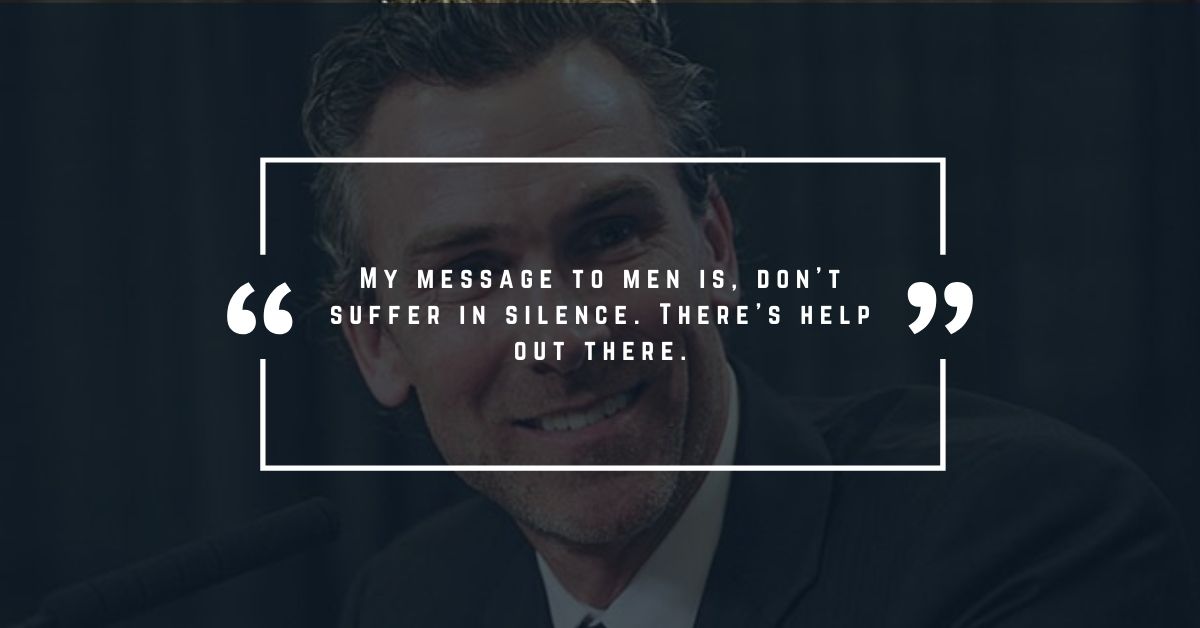
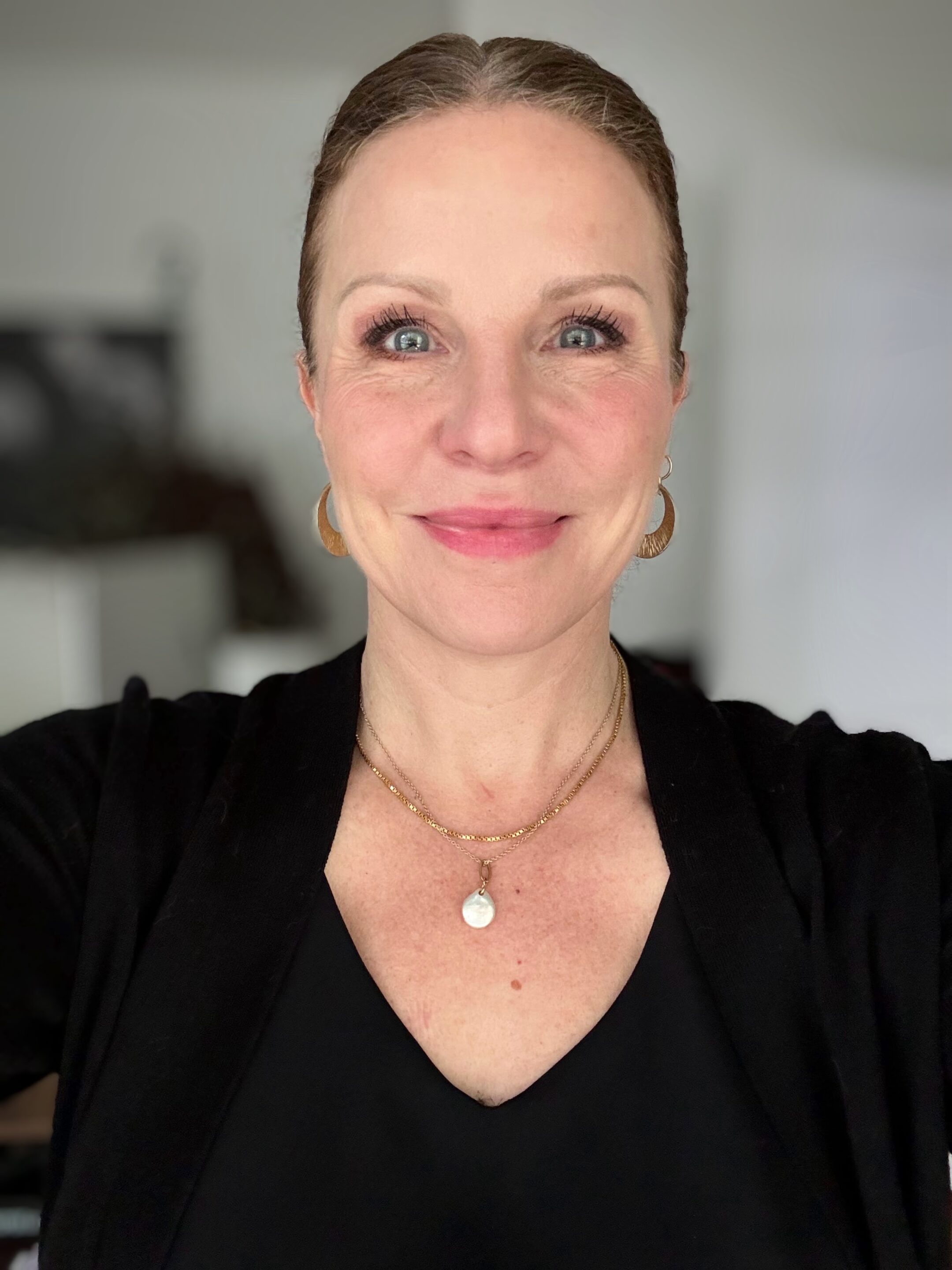

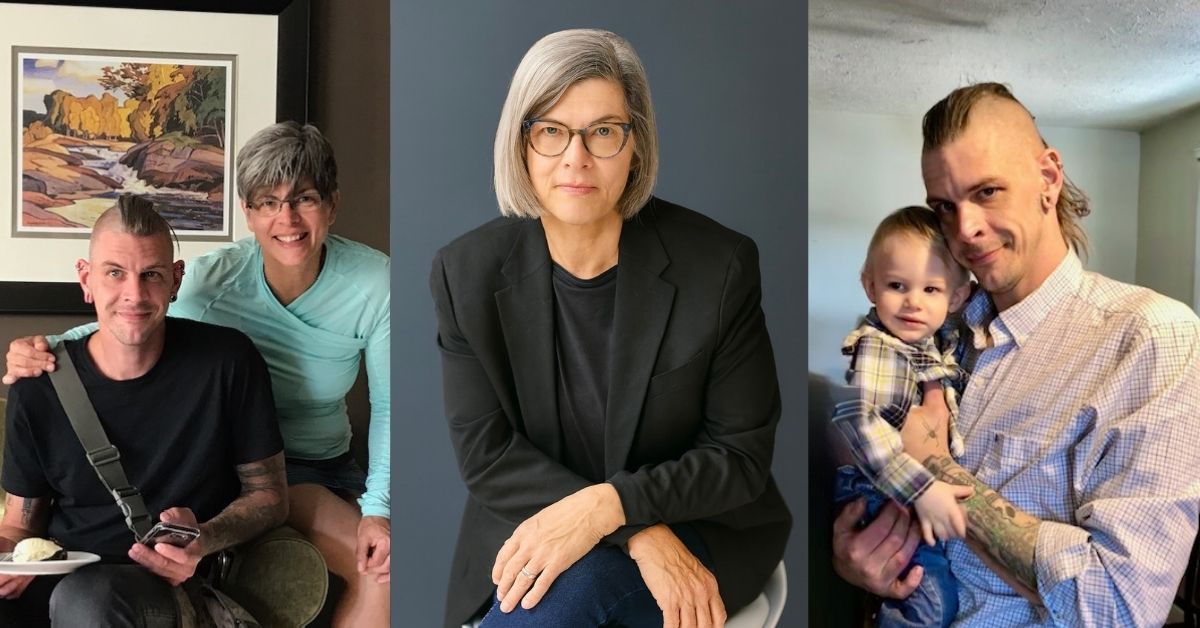
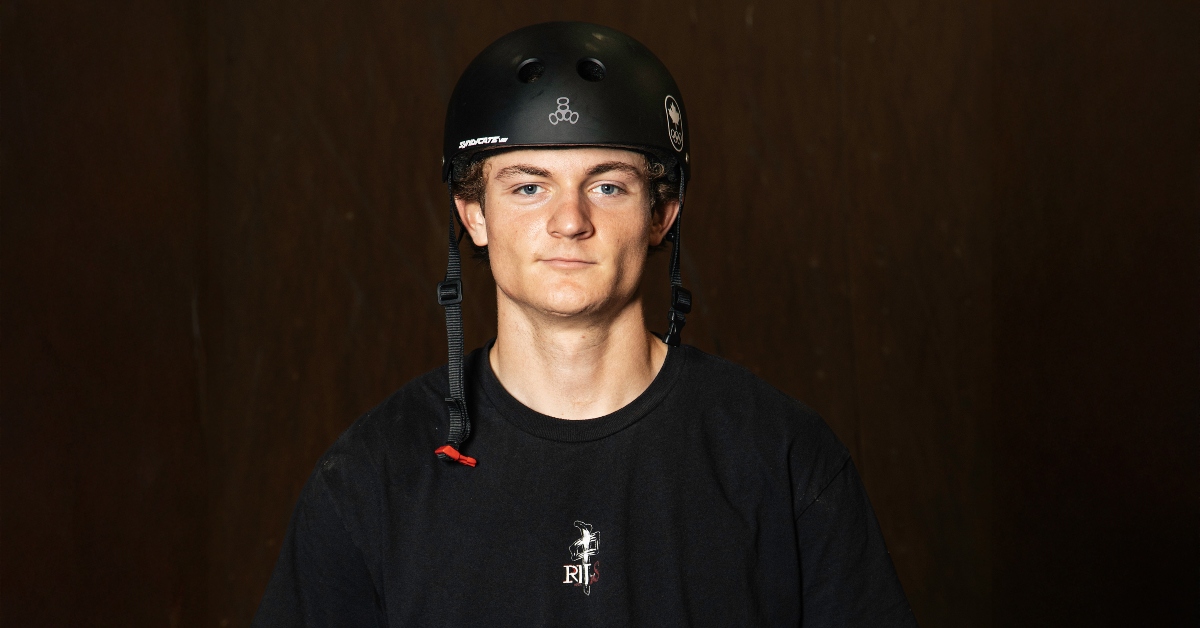
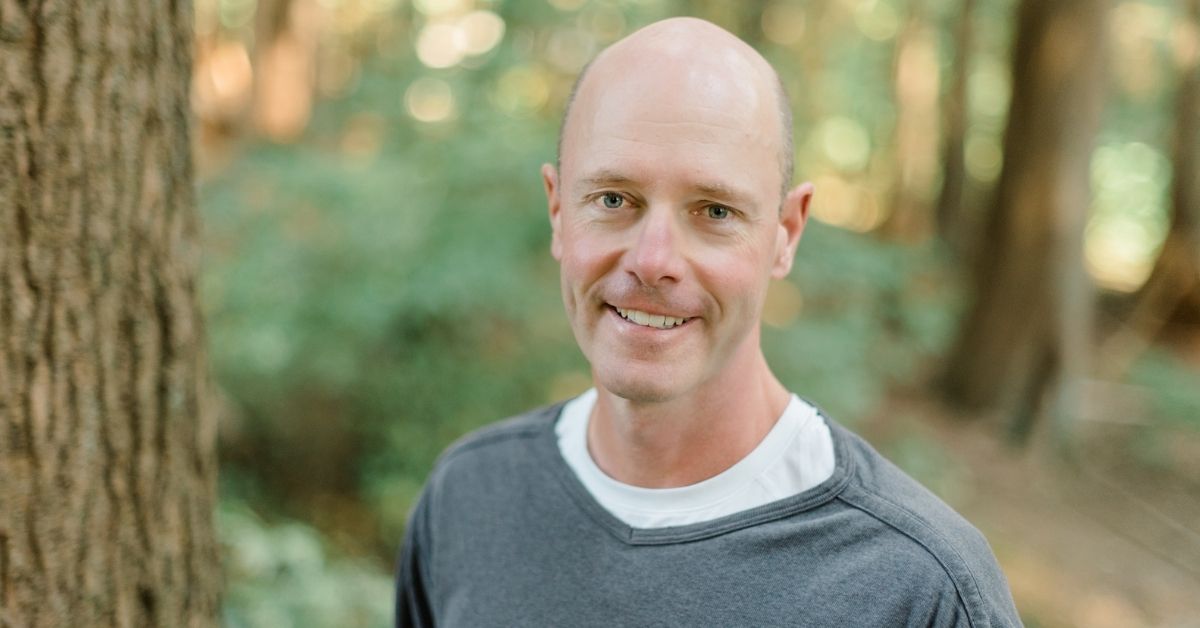
Let’s Talk!
Did you enjoy this article? Let us know in the comments.
0 Comments